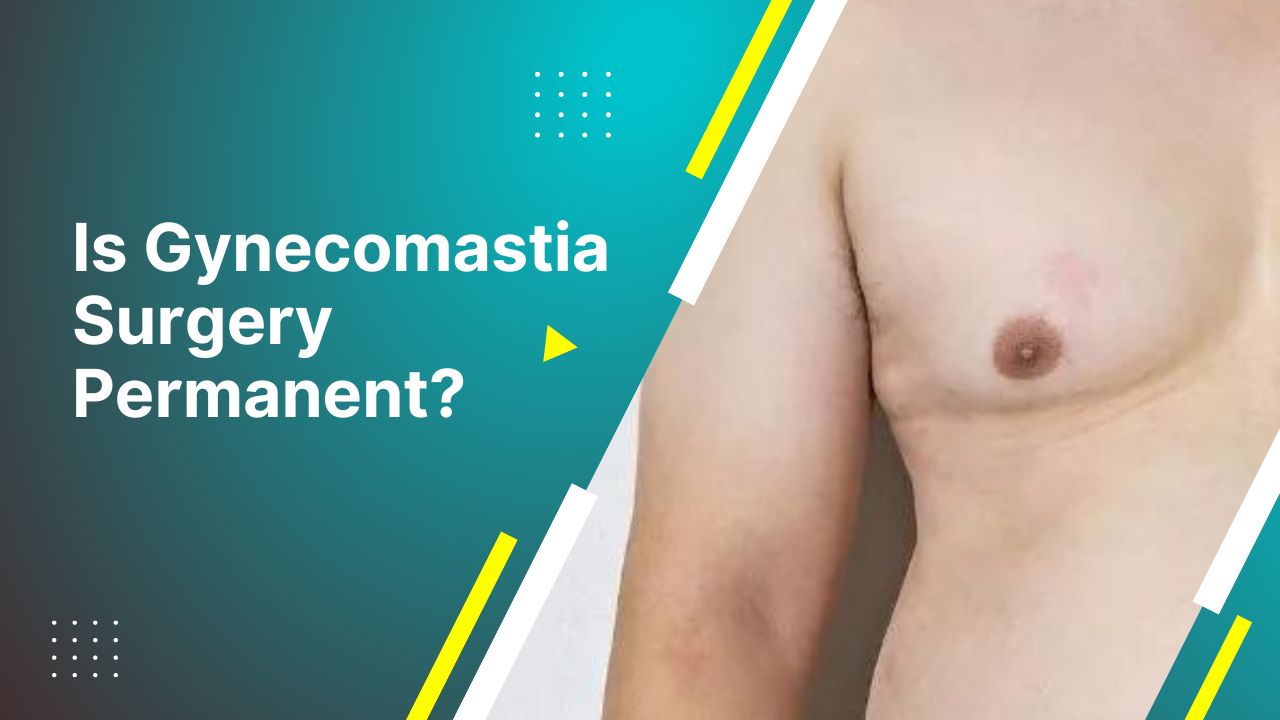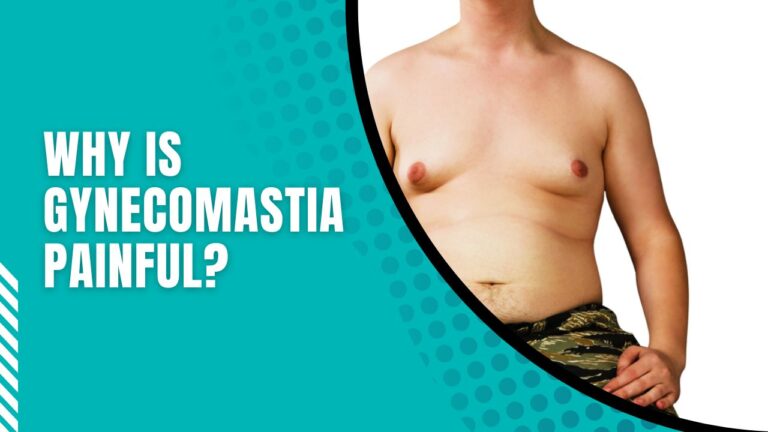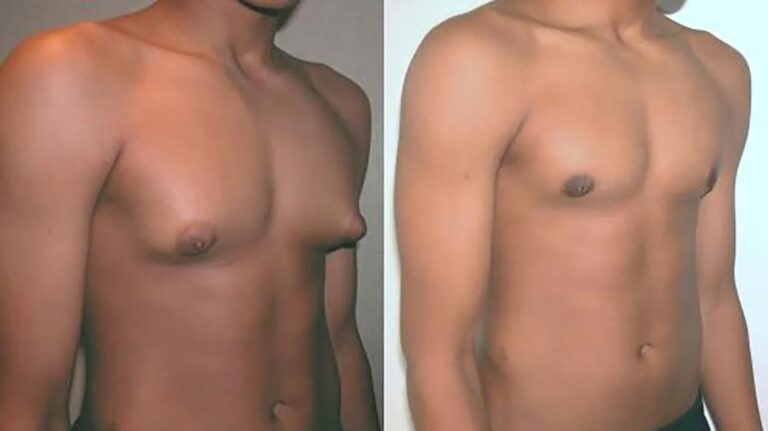Are you considering long-term treatment for your man’s chests? Is gynecomastia surgery permanent? Read on to learn whether Gynecomastia surgery will work for you.
Most patients are concerned about whether their surgery results will be long-term even if their weight, shape, and other factors keep changing over time. Making a permanent treatment choice is very important for your health.
In most cases, Gynecomastia does not come back after surgery. During the surgery, the excess breast tissue is eliminated. Every man has some amount of breast tissue. Fat cells that are removed during Gynecomastia surgery cannot regrow.
Gynecomastia surgery has a success rate of 92.6% and an accuracy rate of 89% among patients who have undergone the procedure. However, few patients have experienced the condition’s recurrence after the surgery.
Let’s dive into our today’s topic.
Book A Consultation With Dr Tarek Bayazid
Top-rated Plastic Surgeon For Gynecomastia in Dubai
Installment Plan Available
Is Gynecomastia Surgery Safe?
Gynecomastia surgery involves risks just like other surgical procedures. Although this is rare, some complications that can occur during gynecomastia surgery include excessive bleeding, shape irregularities, bruising, and numbness of your nipple.
Your surgeon will explain any potential complications to you in advance. Your surgeon will also discuss the benefits or preferred alternative to gynecomastia surgery. Otherwise, gynecomastia is safe and painless.
Are Gynecomastia Surgery Results Permanent?
Gynecomastia results are permanent. The procedure entails entirely and permanently removing any extra fat or breast tissue that caused the condition. Gynecomastia recurrence after surgery is quite rare.
Does Gynecomastia Come Back After Surgery?
Gynecomastia can come back after surgery following the professionalism employed to perform the surgery. If your surgeon is not keen enough to remove all the glandular tissues, your gynecomastia can return.
What Makes Gynecomastia Come Back After Surgery
After surgery, gynecomastia may return if your surgeon doesn’t altogether remove the glandular tissues. Gynecomastia may return due to tissue reciprocation. Recurrence is very likely if an underlying medical issue causes your gynecomastia.
Failure to address your gynecomastia triggers. If narcotics contribute to your illness and you continue using them after surgery. Then gynecomastia might recur.
How To Avoid Gynecomastia From Coming Back After Surgery
To stop gynecomastia from growing back, it is always best to understand the gynecomastia triggers. Such triggers include the use of narcotics, consumption of alcohol and use of steroids, etc. Gynecomastia can be avoided by the following;
How long do results last after gynecomastia surgery?
Achieving your desired gynecomastia surgery results may take three to six months. The incision lines are permanent, but they continue fading over time. The final results are, however, permanent.
Are there any permanent side effects of gynecomastia surgery?
Sometimes there could be side effects after the surgery. The side effects may be permanent or temporary. They may include;
Which is the best permanent treatment for gynecomastia?
The only proven choice for permanently eliminating gynecomastia is surgery. Gynecomastia surgery is the most effective and permanent treatment that offers many other benefits.
Conclusion
Gynecomastia surgery is permanent and has a 92.6% success rate and an 89% accuracy rate. Gynecomastia surgery involves completely removing fats and glandular tissues using invasive procedures and extensive resection.
Meet our leading doctor at Dr. Tarek Aesthetics, Dr. Tarek, who will help with your gynecomastia procedure. He is an exemplary plastic surgeon with an MD from Belgrade University and has completed his plastic surgery residency at the Clinical Center of Serbia.
Dr. Tarek is a member of the most prestigious Plastic Surgery Societies worldwide: Including,
The American Society of Plastic Surgeons (ASPS), the International Society of Aesthetic Plastic Surgery (ISAPS), the Emirates Plastic Surgery Society (EPSS), and the Melbourne Advanced Facial Anatomy Course (MAFAC)
Read this article to find out aboutGynecomastia Natural Remedies
His expertise revolves around facial rejuvenation and body contouring. Find comprehensive treatment for gynecomastia by calling or visiting us today!








